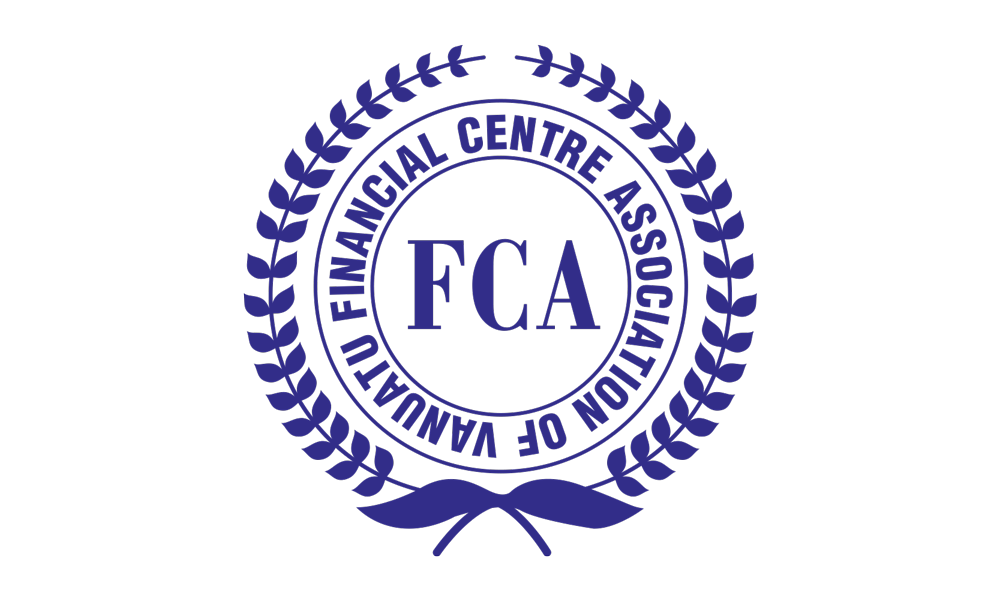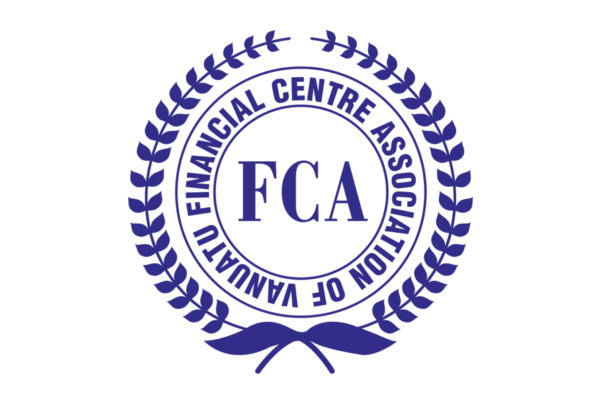Dear Hon. Minister of Finance, Johnny Koanapo Rasou,
We are writing to express our serious concerns about the proposed “Bill for the Resident Entity (Economic Substance) 2024 Updates” currently under consideration in Parliament. As representatives of the Financial Centre Association of Vanuatu (FCAV), we urge you to reconsider the introduction of this legislation and recommend that Members of Parliament vote against it or that it be withdrawn for further consultation.
Our Concerns
- Misalignment with Vanuatu’s Interests: The proposed legislation appears to be entirely driven by foreign agendas, particularly those of the European Union (EU), and does not address any pressing issues or priorities specific to Vanuatu. We believe that enacting laws primarily influenced by external entities undermines our nation’s sovereignty and self-determination.
- Lack of Stakeholder Consultation: This legislation will significantly affect the private sector, which has not been adequately consulted. Effective policymaking requires collaboration with all stakeholders to ensure that laws are practical, beneficial, and aligned with national interests.
- Foreign Influence in Drafting: We understand that foreign nationals, under the guidance of foreign governments, drafted this bill without substantial input from local and international experts who might have different opinions and ideologies. This raises concerns about whose interests the legislation truly serves.
- Questionable Benefits from the EU: While the EU suggests that passing this legislation could lead to Vanuatu’s removal from their non-cooperative tax jurisdiction list, we do not believe this is a compelling incentive. This list includes other sovereign nations and territories such as Fiji, Samoa, Guam, Palau, American Samoa, and the US Virgin Islands. The presence of these nations indicates that the list may not fully reflect the complexities and nuances of individual countries’ tax system.
Furthermore, we believe that our inclusion on this list is a testament to our sovereignty and independence. While we acknowledge the EU’s desire to demonstrate to their electorate that they are proactively addressing global tax issues, we are concerned that their current approach fails to address the issue and fails to consider the unique circumstances and challenges faced by smaller nations like Vanuatu. Their methodology for identifying jurisdictions allegedly facilitating tax avoidance is outdated and inappropriate. Adopting legislation primarily to appease external pressures —especially when the tangible benefits of compliance remain uncertain— may not align with our national interests and could potentially hinder our economic development.
- Advocating Antiquated Business Meeting Practices: The bill has a requirement for “each meeting of the management body, a majority of the members of the management body are physically present in Vanuatu for the meeting”. This is out of touch with modern business practices which include frequent travelling and video meetings.
- Negative Economic impacts and Decrease of Vanuatu Government Revenue: The bill’s scope is so wide that we believe it will decrease Vanuatu’s ability to attract much-needed foreign direct investments and will also negatively impact existing government revenue from, for example (but not limited to), the Vanuatu international shipping registry and International Banking sectors.
- Expert Analysis: We consulted a renowned expert in international tax law who had these remarks:
- We have reviewed the bill and find it dangerously wide in scope;
- That is not to say in general terms the principle of the legislation is appropriate;
- The concept of economic substance is borrowed from those jurisdictions which have sought to introduce legislation to avoid tax treaty abuse, which is hardly the Vanuatu’s position.
Our Request
In light of these concerns, we respectfully request the following:
- Postponement of the Legislation: The adoption of the bill be postponed to allow for thorough review and meaningful consultation with local stakeholders.
- Collaboration with FCAV: Your team engages with the FCAV to revise the bill, ensuring it meets necessary international standards while safeguarding Vanuatu’s economic interests. We are prepared to involve the international expert we consulted and cover the associated costs to assist in this process.
We do not believe delaying the bill will have any material impact on Vanuatu as this bill relates only to our presence on the EU “list of non-cooperative jurisdictions for tax purposes” which is far far less important than the EU “AML-CFT list”. Furthermore, this bill alone is also not sufficient to get us off that tax list. So, we take comfort that there is no need for Vanuatu to rush and we have the time to draft it to minimise negative effects on our economy and government revenues.
Alternative Approaches
Other island nations, such as the Cayman Islands, have managed to implement economic substance legislation that satisfies EU requirements without compromising their economic development. Through careful drafting and strategic negotiation, they have protected their interests while addressing external pressures. We believe Vanuatu can adopt a similar approach.
Closing Remarks
The global economic landscape is rapidly evolving, and what may seem imperative today could shift in the coming months. It is crucial that we do not hastily adopt legislation that may not serve our long-term interests. Enclosed with this letter is our previous correspondence from July 2020, providing further details on this matter and insights into the EU’s blacklists.
We appreciate your attention to our concerns and stand ready to collaborate to ensure any legislation passed is in the best interest of Vanuatu. Thank you for your understanding and consideration.
Yours sincerely,
Martin St-Hilaire
Executive member FCAV





